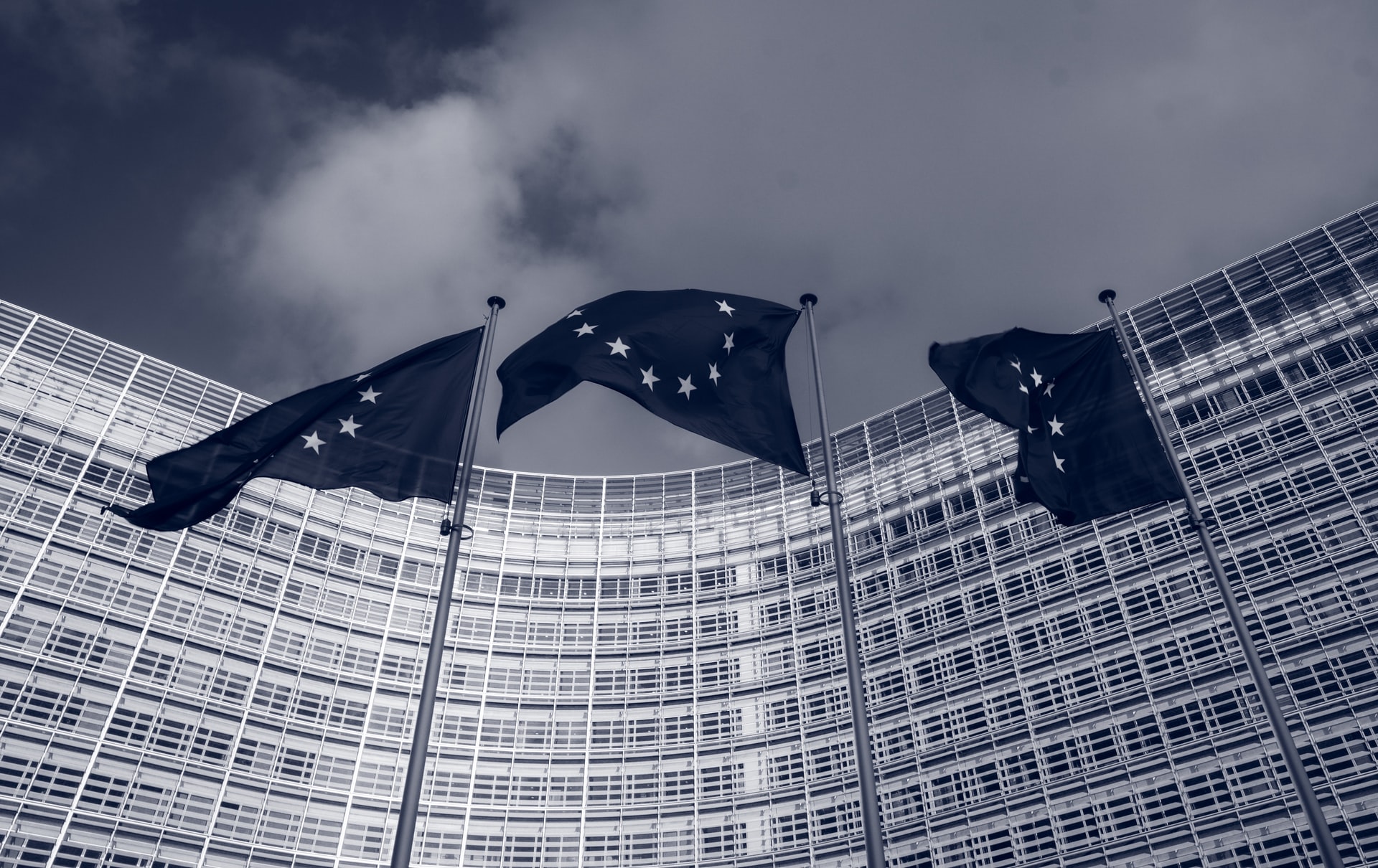Associations representing European ferrous and non-ferrous metals producers and miners, among other European groups, are demanding urgent and effective action at EU level on gas and electricity prices, according to a joint letter sent to European Commission President Ursula von der Leyen.
The letter from energy intensive industries, signed by Eurofer, Eurometaux, Earomines and Euroalliages, among others, comes ahead of an extraordinary meeting of the EU Energy Council on Sept. 9.
“We call on the European Union to urgently introduce EU-wide measures aimed at limiting the price of natural gas and also measures designed to disconnect electricity prices from gas prices,” the letter said.
The letter, seen by S&P Global Commodity Insights, was also signed by EU associations representing chemical, cement, ceramic, clay and lime industries and producers of fertilizers and vaccines.
It also recommends adjusting the crisis state aid framework to the new reality.
Market volatility and soaring European gas prices are having destructive consequences on industrial users of gas and electricity and are also destabilizing the electricity market, the letter said.
With the Dutch TTF gas spot price peaking at Eur334/MWh two weeks ago, “which is 15 times its pre-crisis level, 10 times more than US prices and well above prices in Asia,” any semblance of a normal market has lost, the letter said.
Recent weeks have seen a significant number of industrial plants suspending operations or reducing production in Europe, with further curtailments expected in the weeks to come, according to Eurofer.
“These massive plant curtailments will increase Europe’s dependency on third markets for strategic supply chains and will drastically increase global carbon emissions,” the letter said.
“For many industries there is currently no business case to continue production in Europe, nor visibility and certainty for investments and further developments.”
Impact on plants
Slovakia’s US Steel Kosice has idled one of its three blast furnaces for 60 days, although the move is associated with scheduled maintenance.
Long steel products maker Stahl Gerlafingen in Switzerland said Sept. 4 that it would reduce its operating hours during October to December in response to the sharply rising energy prices.
Elsewhere, ArcelorMittal said Sept. 2 that it would temporarily shut three blast furnaces this month at three mills in the EU — in Bremen, Germany, Gijon, Spain and Dunkirk, France, due to weak demand in the European market and surging energy and emissions costs.
And German steelmaker Salzgitter told S&P Global that it has made all necessary preparations to operate its plants economically, taking into account demand for its products as well as the market in general.
However, a spokesperson for Austrian steel company Voestalpine said the company is “not planning or implementing any production shutdowns due to energy prices,” Orders remain stable and the company has high stocks of raw materials to prepare it for what will be a difficult autumn, she said.
Tata Steel’s IJmuiden steelworks on the Dutch North Sea coast has also not implemented any output cuts.
A few plants producing ferro alloys — more energy-intensive products than steel — have curtailed production, according to market sources, but none of those companies have confirmed any cuts.
The European steel industry is not alone in being buffeted by high energy prices.
Several aluminum producers in Europe have been reducing output or halting production at smelters, including shutdowns at Norsk Hydro’s Slovalco smelter in Slovakia, Alro’s alumina facility in Romania and Damco Aluminum Delfzijl Cooperatie’s Farmsum plant in the Netherlands.
There has also been a 33% curtailment at Alcoa’s Lista smelter in Norway, a 20% production cut at France’s Aluminium Dunkerque, and reduced output at Alcoa’s San Ciprian alumina refinery in Spain. Hydro also decided to keep smelting pots at its Husnes and Karmoey plants in Norway offline after normal maintenance due to lower aluminum demand.
In August, global aluminum rolling and recycling company Speira said it was considering cutting output further at its 160,000 mt/day Rheinwerk aluminum smelter in Germany, which had been operating at a rate of 140,000 mt/day, because of high power costs.
A spokesperson for aluminum rolling and recycling company Novelis said that with regard to the company’s operations in Europe it is working closely with its network operators, authorities and trade associations for scenario planning should it be required to slow or interrupt its aluminum recycling and/or rolling due to a shortage of natural gas supply. The are preparatory measures as natural gas is currently flowing, the spokesperson said.
— Ekaterina Bouckley, Jacqueline Holman, Charles Thompson






